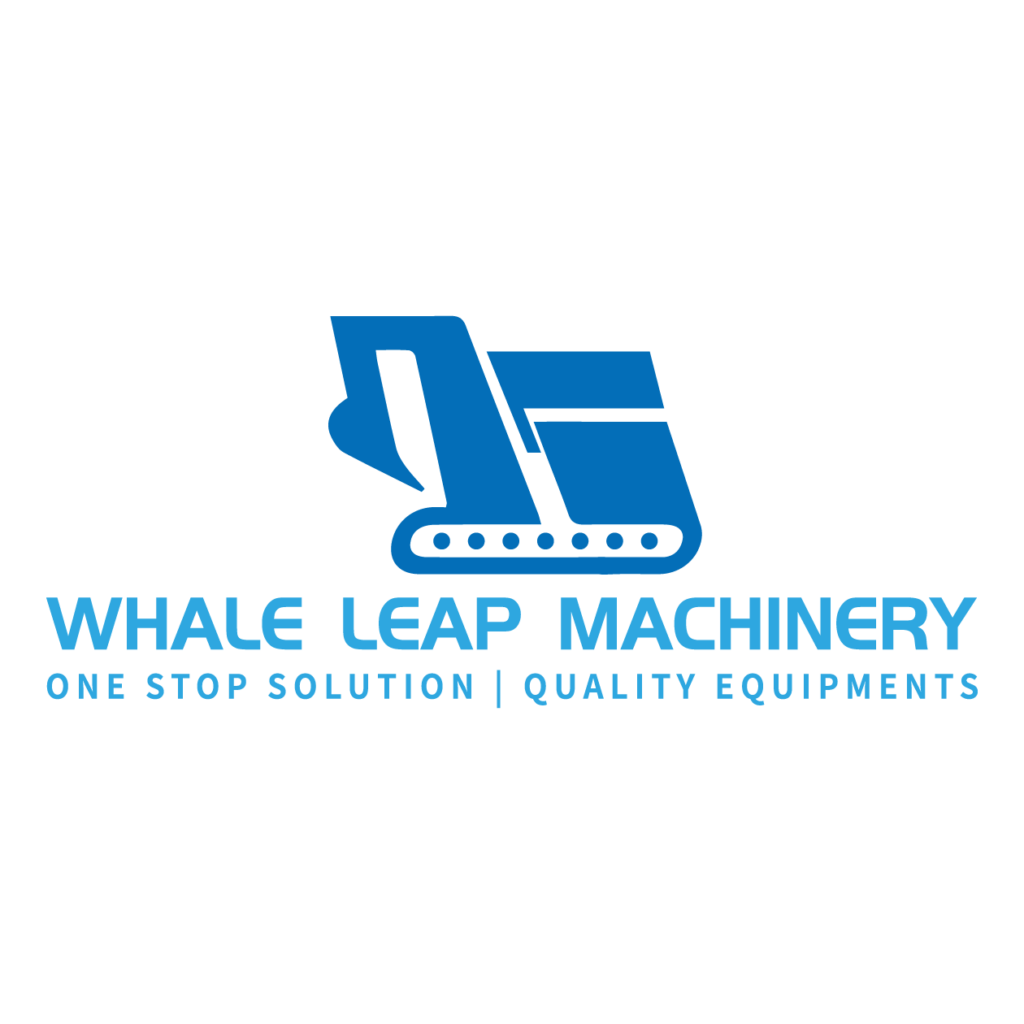As a landlocked country in southern Africa, Malawi has invested a lot of money in infrastructure construction in recent years, which has driven the demand for construction machinery and equipment. As Malawi does not have direct access to the sea, it usually imports through Beira Port in neighboring Mozambique. In this article, we will analyze in detail how to export used excavators to Malawi through the port of Beira, including key logistics processes, precautions and how to ensure the safe and efficient delivery of equipment.
I. Demand analysis of used excavators in Malawi
1. Driven by infrastructure construction
Malawi is actively promoting various infrastructure projects, including road construction, bridge rehabilitation and urban expansion. These projects have significantly increased the demand for construction machinery and equipment, especially cost-effective used excavators. Due to the small size of Malawi’s economy, many construction companies prefer to purchase used equipment to reduce costs.

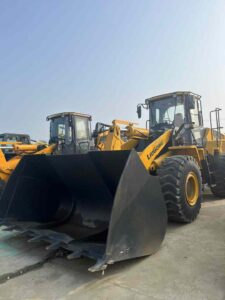

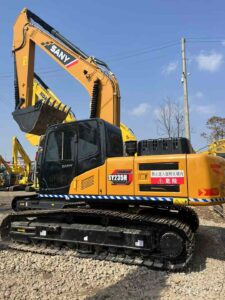
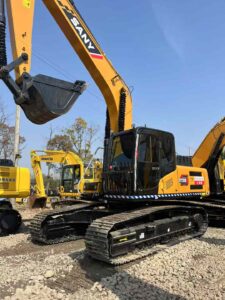

2. Logistics challenges and opportunities
As a landlocked country, Malawi’s logistics supply chain relies on ports in neighboring countries. The port of Beira in Mozambique is one of the most commonly used export corridors in Malawi, and importing equipment through this port not only saves time, but also reduces transportation costs.
Ⅱ. The process of exporting used excavators through Beira port
1. Equipment preparation and testing
Before the equipment is exported, the used excavator must be fully tested and maintained to ensure that the equipment is in good technical condition. All equipment must meet Malawi’s import standards, especially in terms of environmental and technical compliance.
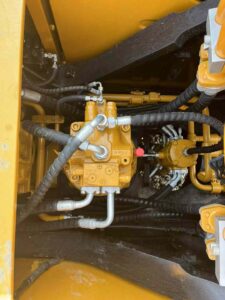


2. Documentation and export customs clearance
When exporting used excavators to Malawi, exporters need to prepare a series of documents, including:
- Commercial invoice: setting out the model, quantity, unit price and total price of the equipment.
- Packing list: describes the packaging and transportation of the equipment.
- Certificate of origin: proves where the equipment was manufactured.
- Technical Certificate of Conformity: ensures that the equipment meets Malawi’s import requirements.
These documents will be used for export declaration and customs clearance when the equipment passes through the port of Beira. Ensuring the accuracy and completeness of the documents can effectively minimize the time required for customs declaration and clearance.
3. Transportation Arrangements and Customs Clearance at the Port of Beira
As the Port of Beira is the main gateway for equipment entering Malawi, the equipment usually arrives at the Port of Beira by sea and is then transported to Malawi by road. For customs clearance at the Port of Beira, all necessary documents need to be submitted and the equipment needs to meet Mozambique’s transshipment requirements.Once cleared at the Port of Beira, the equipment will be transported to Malawi via the land route. This stage requires that the transportation arrangements for the equipment must take into account road conditions and possible delays to ensure that the equipment can be delivered on time.
4. Land transportation from Beira Port to Malawi
Land transportation from Beira to Malawi is the most critical part of the logistics process. Due to the relatively poor transportation infrastructure in Malawi, the transportation time can be long, so it is important to choose an experienced logistics company for the transportation. Ensure that the equipment is adequately protected during transportation to avoid damage to the equipment due to bumps or weather.
5. Equipment delivery and installation
Once the equipment arrives in Malawi, final delivery and installation is required. For equipment imported for the first time, commissioning and operational training may be required on site to ensure that the equipment can be put into operation smoothly. The exporter or importer should provide the necessary after-sales support to help customers solve problems in the use of the equipment.
III. Key Notes and Suggestions
1. Planning logistics routes in advance
Due to Malawi’s landlocked geographical location, exporters should plan logistics routes in advance when planning transportation to ensure that the equipment can be shipped to the destination in the most economical and safest way. Choosing the port of Beira as a transit point can effectively shorten transportation time and reduce costs.
2. Ensure the accuracy of documents
During the export and customs clearance process, the accuracy of documentation is crucial. Any errors or omissions in documentation can lead to trouble in clearing the equipment at the Port of Beira or Malawi. Therefore, exporters should ensure that all documents are carefully scrutinized before submission.
3. Choose a reliable logistics partner
Due to the complexity of the logistics environment in Malawi, it is important to choose a reliable logistics company to work with. A professional logistics company can not only provide safe transportation services, but also deal with unexpected problems to ensure the smooth delivery of equipment.
Ⅳ. Whale Leap Machinery’s professional support
Whale Leap Machinery has a wealth of experience in the field of exporting used excavators, especially in the project of exporting to Malawi through the port of Beira has accumulated a large number of successful cases. We not only provide high quality used excavators, but also offer a one-stop service from equipment inspection, document preparation, export customs clearance to transportation arrangement. By working with leading global logistics companies, we are able to ensure that the equipment is cleared through customs at the Port of Beira and delivered safely and efficiently to the construction site in Malawi. Our professional team also provides comprehensive after-sales support to ensure that the equipment is utilized to its fullest potential on projects in Malawi.
Conclusion
Exporting used excavators to Malawi through the port of Beira in Mozambique is a complex process that involves a number of steps. From equipment inspection and documentation to customs clearance and transportation, each step requires careful planning and professional support, and Whale Leap Machinery is committed to providing our customers with a full range of services to ensure that their equipment is exported smoothly and plays an important role in the development of Malawi’s infrastructure.

